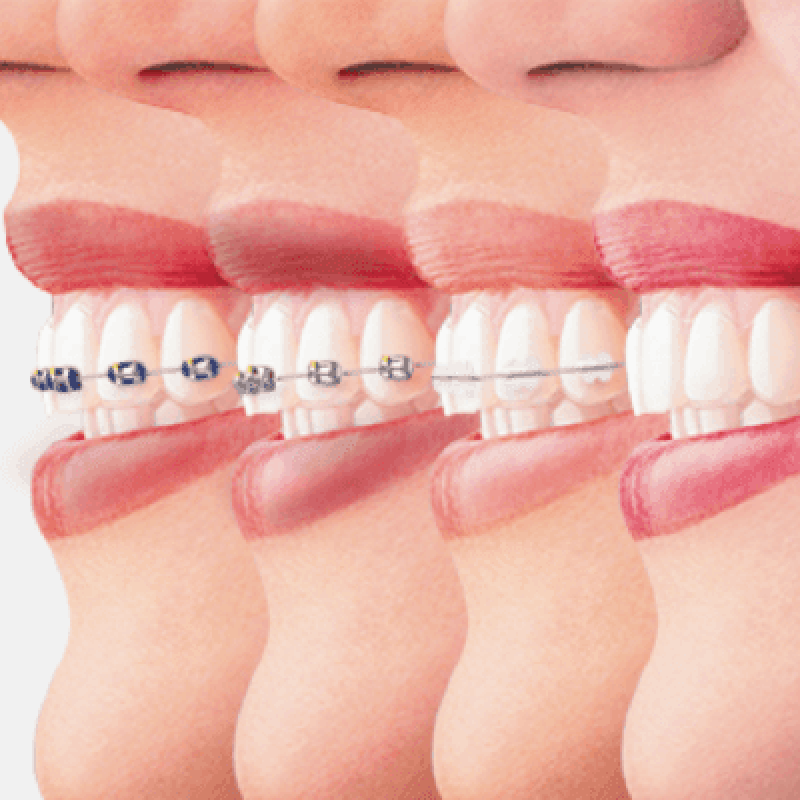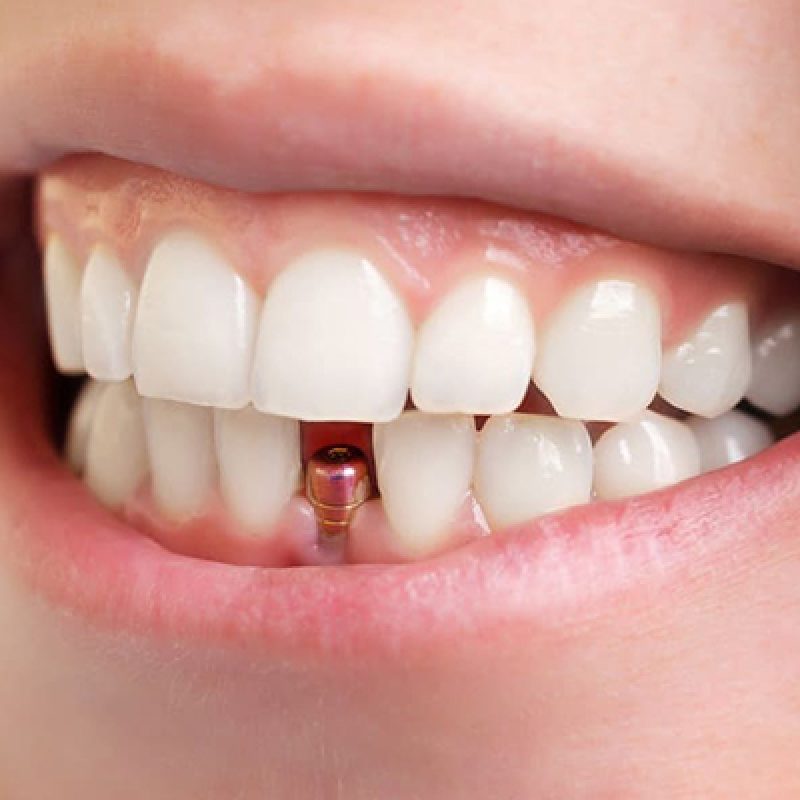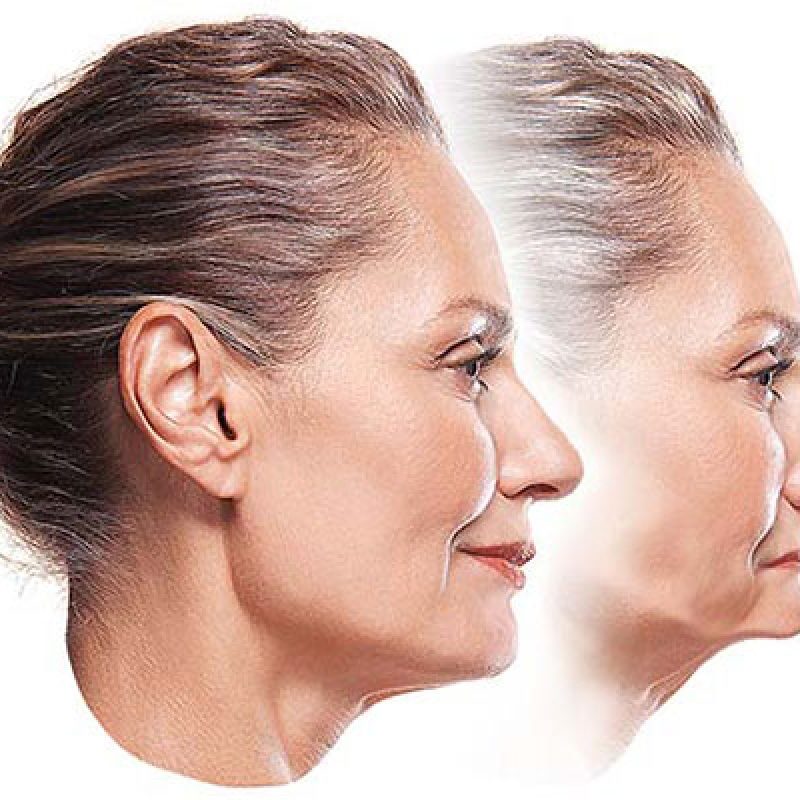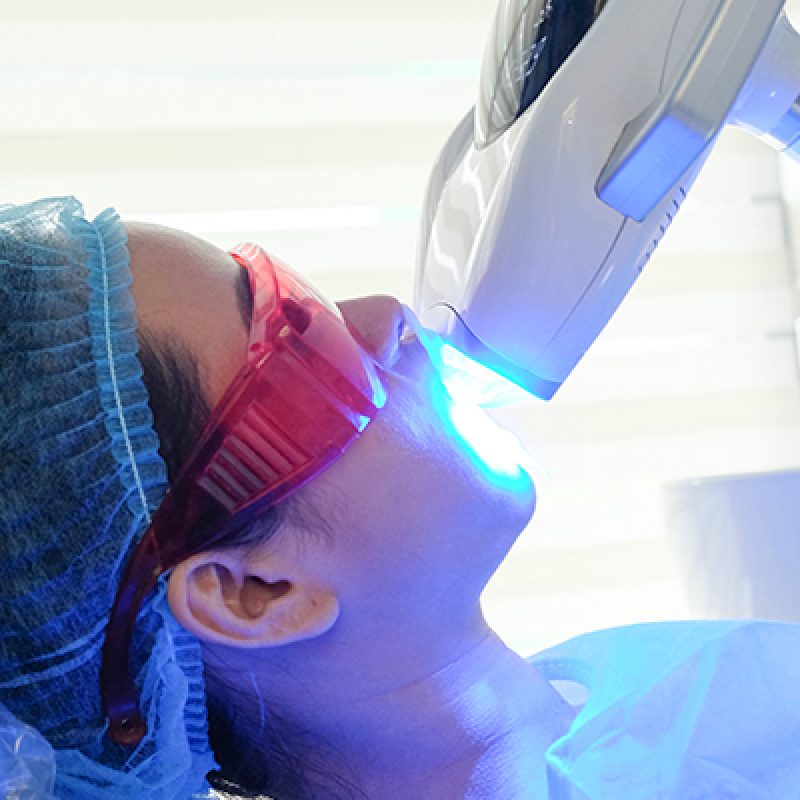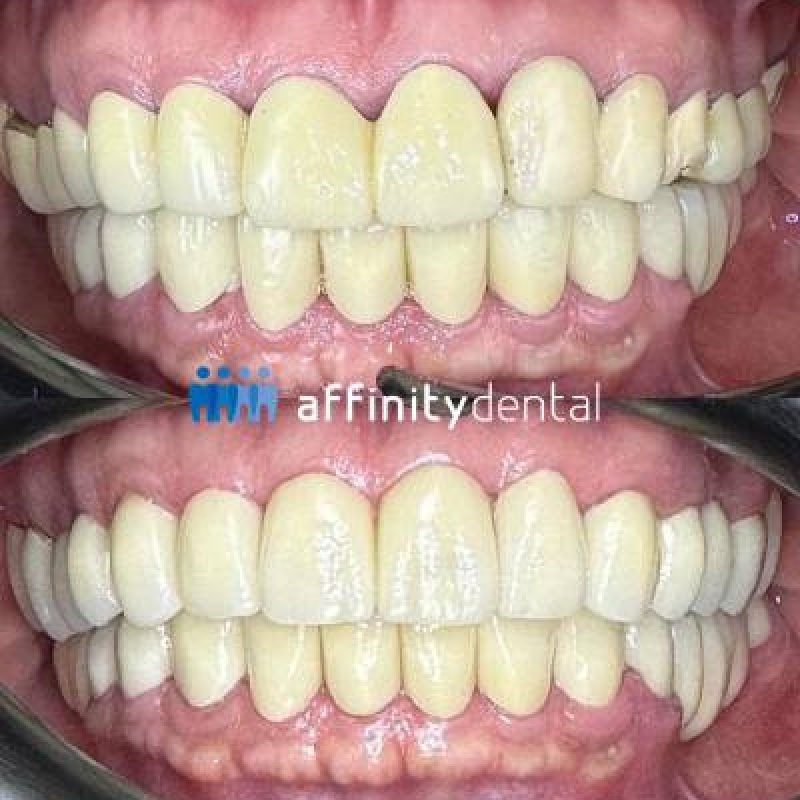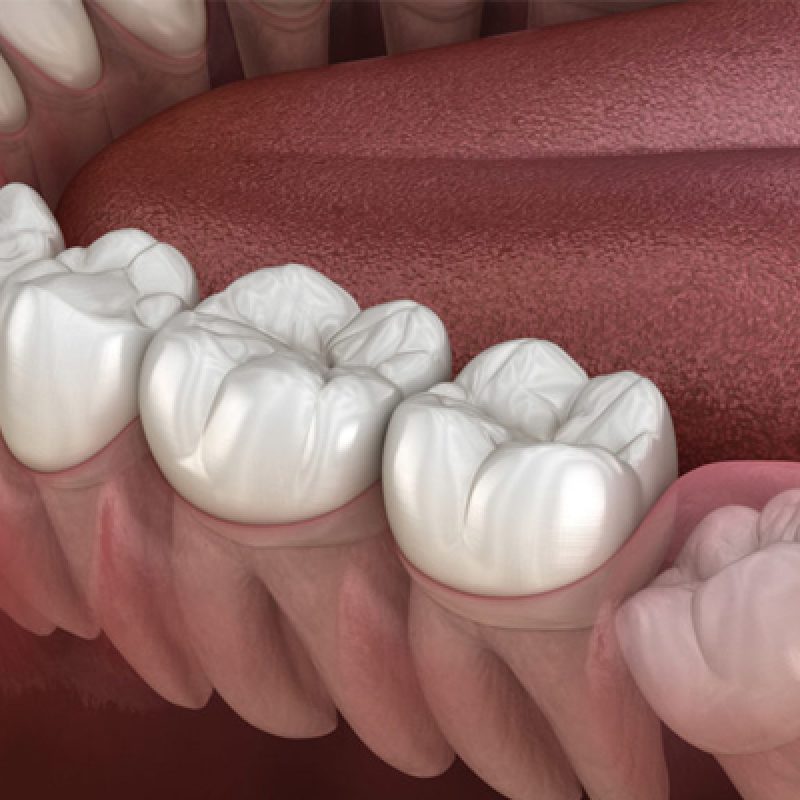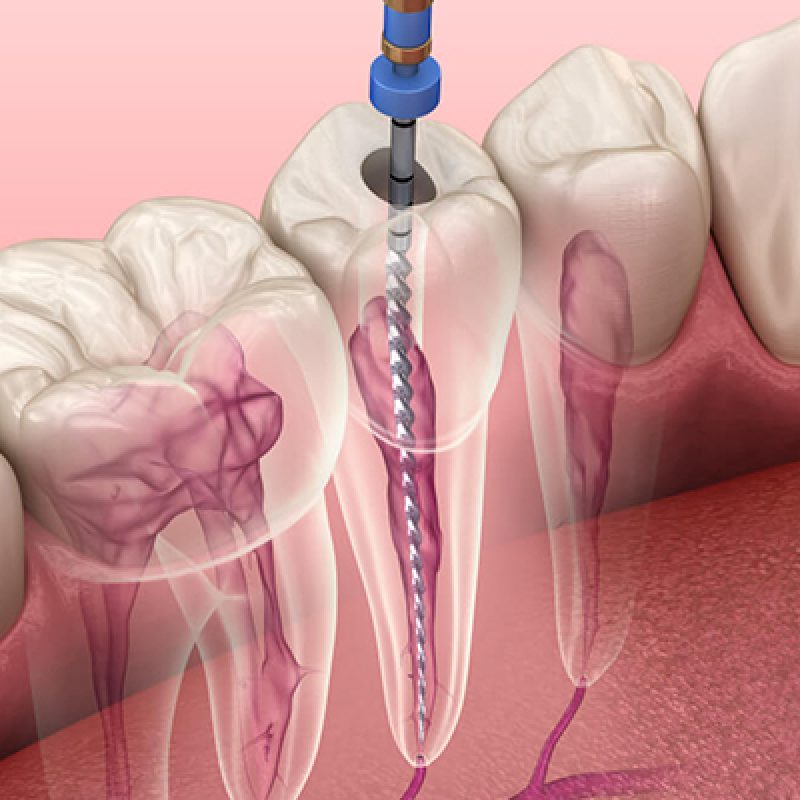[et_pb_section fb_built=”1″ specialty=”on” _builder_version=”3.22″ custom_padding=”0|0|0|6px|false|false” top_divider_style=”wave” top_divider_color=”#f7f9fb” top_divider_height=”500px” top_divider_repeat_last_edited=”off|desktop” bottom_divider_style=”wave” bottom_divider_color=”#f7f9fb” bottom_divider_height=”500px” bottom_divider_flip=”vertical”][et_pb_column type=”3_4″ specialty_columns=”3″ _builder_version=”3.25″ custom_padding=”|||” parallax__hover=”off” parallax_method__hover=”on” custom_padding__hover=”|||”][et_pb_row_inner _builder_version=”3.25″ custom_padding=”||4px||false|false”][et_pb_column_inner saved_specialty_column_type=”3_4″ _builder_version=”3.25″ custom_padding=”|||” parallax__hover=”off” parallax_method__hover=”on” custom_padding__hover=”|||”][et_pb_text _builder_version=”4.5.1″ text_font=”||||||||” text_font_size=”16px” text_line_height=”1.8em” header_font=”|700|||||||” header_text_color=”#3fb0d8″ header_font_size=”45px” header_2_font=”||||||||” header_2_text_color=”#f92c8b” text_font_size_tablet=”” text_font_size_phone=”16px” text_font_size_last_edited=”on|desktop”]
Porcelain Dental Veneers
[/et_pb_text][/et_pb_column_inner][/et_pb_row_inner][et_pb_row_inner _builder_version=”3.25″ custom_padding=”0|0px|0|0px|false|false”][et_pb_column_inner saved_specialty_column_type=”3_4″ _builder_version=”3.25″ custom_padding=”|||” parallax__hover=”off” parallax_method__hover=”on” custom_padding__hover=”|||”][et_pb_text _builder_version=”4.5.1″ text_font=”||||||||” text_line_height=”1.8em” header_font=”||||||||” header_text_color=”#3fb0d8″ header_font_size=”35px” header_2_font=”||||||||” header_2_text_color=”#f92c8b” text_font_size_tablet=”” text_font_size_phone=”16px” text_font_size_last_edited=”on|desktop”]
Porcelain veneers can instantly change the size, shape and color of your teeth. Made of very thin layers of porcelain bonded to the surface of your teeth, porcelain veneers mimic the light-reflecting properties and translucency of real teeth giving you that beautiful and natural looking smile.
[/et_pb_text][et_pb_image src=”https://affinitydentalclinics.com/wp-content/uploads/POR.png” _builder_version=”4.5.1″ _module_preset=”default” title_text=”POR” hover_enabled=”0″][/et_pb_image][et_pb_text _builder_version=”3.27.4″ text_font=”||||||||” text_line_height=”1.8em” header_font=”||||||||” header_text_color=”#3fb0d8″ header_font_size=”35px” header_2_font=”||||||||” header_2_text_color=”#f92c8b” text_font_size_tablet=”” text_font_size_phone=”16px” text_font_size_last_edited=”on|desktop”]
As a cosmetic dental procedure, having porcelain veneers is an amazing way to improve your smile and dramatically enhance your appearance. This is the reason why most people refer to Porcelain Veneers as the “Hollywood Smile” treatment.
[/et_pb_text][et_pb_text ul_item_indent=”40px” _builder_version=”3.27.4″ text_font=”||||||||” text_line_height=”1.8em” ul_font=”||||||||” header_font=”||||||||” header_text_color=”#3fb0d8″ header_font_size=”35px”]
Porcelain veneers can be used to address the following problems:
- Discoloration of teeth.
- Worn down teeth.
- Chipped or broken teeth.
- Mildly misaligned teeth.
- Uneven or irregularly shaped teeth.
- Diastema or gaps between teeth.
[/et_pb_text][/et_pb_column_inner][/et_pb_row_inner][et_pb_row_inner _builder_version=”3.25″ custom_padding=”32.9844px|0px|0|0px|false|false”][et_pb_column_inner saved_specialty_column_type=”3_4″ _builder_version=”3.25″ custom_padding=”|||” parallax__hover=”off” parallax_method__hover=”on” custom_padding__hover=”|||”][et_pb_text _builder_version=”3.27.4″ text_font=”||||||||” text_line_height=”1.8em” header_font=”||||||||” header_text_color=”#3fb0d8″ header_font_size=”35px”]
What is the process of having Porcelain Veneers?
[/et_pb_text][/et_pb_column_inner][/et_pb_row_inner][et_pb_row_inner column_structure=”1_2,1_2″ _builder_version=”3.25″ custom_padding=”0|0px|0|0px|false|false”][et_pb_column_inner type=”1_2″ saved_specialty_column_type=”3_4″ _builder_version=”3.25″ custom_padding=”|||” parallax__hover=”off” parallax_method__hover=”on” custom_padding__hover=”|||”][et_pb_text ul_item_indent=”84px” _builder_version=”3.27.4″ text_font=”||||||||” text_line_height=”1.2em” ul_font=”||||||||” header_font=”||||||||” header_text_color=”#3fb0d8″ header_font_size=”13px” header_line_height=”1.1em” header_4_font=”||||||||” header_4_font_size=”16px”]
1. Consultation
The first step to having porcelain veneers is consultation. During the consultation, our dentist will personally examine your teeth, evaluate your case, advise you of your options and provide you with a detailed treatment plan. Photographs, x-rays and a dental impression your teeth will also be taken during your consult.
[/et_pb_text][/et_pb_column_inner][et_pb_column_inner type=”1_2″ saved_specialty_column_type=”3_4″ _builder_version=”3.25″ custom_padding=”|||” parallax__hover=”off” parallax_method__hover=”on” custom_padding__hover=”|||”][et_pb_image src=”https://affinitydentalclinics.com/wp-content/uploads/consultation-wisdom.jpg” align_tablet=”center” align_phone=”” align_last_edited=”on|desktop” _builder_version=”4.5.1″ custom_margin=”20px||” custom_padding=”|40px||40px” hover_enabled=”0″ title_text=”consultation-wisdom”][/et_pb_image][/et_pb_column_inner][/et_pb_row_inner][et_pb_row_inner column_structure=”1_2,1_2″ _builder_version=”3.25″ custom_padding=”0|0px|0|0px|false|false”][et_pb_column_inner type=”1_2″ saved_specialty_column_type=”3_4″ _builder_version=”3.25″ custom_padding=”|||” parallax__hover=”off” parallax_method__hover=”on” custom_padding__hover=”|||”][et_pb_text ul_item_indent=”84px” _builder_version=”3.27.4″ text_font=”||||||||” text_line_height=”1.2em” ul_font=”||||||||” header_font=”||||||||” header_text_color=”#3fb0d8″ header_font_size=”13px” header_line_height=”1.1em” header_4_font=”||||||||” header_4_font_size=”16px”]
2. Mock-Up
On your next visit, the dentist will create a mock-up of the planned veneers to show you the possible outcome. If you like and approve the mock-up, the dentist shall proceed to the next step.
[/et_pb_text][/et_pb_column_inner][et_pb_column_inner type=”1_2″ saved_specialty_column_type=”3_4″ _builder_version=”3.25″ custom_padding=”|||” parallax__hover=”off” parallax_method__hover=”on” custom_padding__hover=”|||”][et_pb_image src=”https://affinitydentalclinics.com/wp-content/uploads/mock-up.png” align_tablet=”center” align_phone=”” align_last_edited=”on|desktop” _builder_version=”4.5.1″ custom_margin=”20px||” custom_padding=”|40px||40px” hover_enabled=”0″ title_text=”mock up”][/et_pb_image][/et_pb_column_inner][/et_pb_row_inner][et_pb_row_inner column_structure=”1_2,1_2″ _builder_version=”3.25″ custom_padding=”0|0px|0|0px|false|false”][et_pb_column_inner type=”1_2″ saved_specialty_column_type=”3_4″ _builder_version=”3.25″ custom_padding=”|||” parallax__hover=”off” parallax_method__hover=”on” custom_padding__hover=”|||”][et_pb_text ul_item_indent=”84px” _builder_version=”3.27.4″ text_font=”||||||||” text_line_height=”1.2em” ul_font=”||||||||” header_font=”||||||||” header_text_color=”#3fb0d8″ header_font_size=”13px” header_line_height=”1.1em” header_4_font=”||||||||” header_4_font_size=”16px”]
3. Preparing the Teeth
On your next visit, the dentist will create a mock-up of the planned veneers to show you the possible outcome. If you like and approve the mock-up, the dentist shall proceed to the next step.
[/et_pb_text][/et_pb_column_inner][et_pb_column_inner type=”1_2″ saved_specialty_column_type=”3_4″ _builder_version=”3.25″ custom_padding=”|||” parallax__hover=”off” parallax_method__hover=”on” custom_padding__hover=”|||”][et_pb_image src=”https://affinitydentalclinics.com/wp-content/uploads/prep.png” align_tablet=”center” align_phone=”” align_last_edited=”on|desktop” _builder_version=”4.5.1″ custom_margin=”20px||” custom_padding=”|40px||40px” hover_enabled=”0″ title_text=”prep”][/et_pb_image][/et_pb_column_inner][/et_pb_row_inner][et_pb_row_inner column_structure=”1_2,1_2″ _builder_version=”3.25″ custom_padding=”0|0px|0|0px|false|false”][et_pb_column_inner type=”1_2″ saved_specialty_column_type=”3_4″ _builder_version=”3.25″ custom_padding=”|||” parallax__hover=”off” parallax_method__hover=”on” custom_padding__hover=”|||”][et_pb_text ul_item_indent=”84px” _builder_version=”3.27.4″ text_font=”||||||||” text_line_height=”1.2em” ul_font=”||||||||” header_font=”||||||||” header_text_color=”#3fb0d8″ header_font_size=”13px” header_line_height=”1.1em” header_4_font=”||||||||” header_4_font_size=”16px”]
4. Dental Impression
When all the teeth are prepared, the dentist will now take a dental impression of your teeth. The dental impression will be sent to a dental laboratory for the fabrication of your porcelain veneers.
[/et_pb_text][/et_pb_column_inner][et_pb_column_inner type=”1_2″ saved_specialty_column_type=”3_4″ _builder_version=”3.25″ custom_padding=”|||” parallax__hover=”off” parallax_method__hover=”on” custom_padding__hover=”|||”][et_pb_image src=”https://affinitydentalclinics.com/wp-content/uploads/impression.jpg” align_tablet=”center” align_phone=”” align_last_edited=”on|desktop” _builder_version=”4.5.1″ custom_margin=”20px||” custom_padding=”|40px||40px” hover_enabled=”0″ title_text=”impression”][/et_pb_image][/et_pb_column_inner][/et_pb_row_inner][et_pb_row_inner column_structure=”1_2,1_2″ _builder_version=”3.25″ custom_padding=”0|0px|0|0px|false|false”][et_pb_column_inner type=”1_2″ saved_specialty_column_type=”3_4″ _builder_version=”3.25″ custom_padding=”|||” parallax__hover=”off” parallax_method__hover=”on” custom_padding__hover=”|||”][et_pb_text ul_item_indent=”84px” _builder_version=”3.27.4″ text_font=”||||||||” text_font_size=”13px” text_line_height=”1.1em” ul_font=”||||||||” header_font=”||||||||” header_text_color=”#3fb0d8″ header_font_size=”35px” header_4_font=”||||||||” header_4_font_size=”16px”]
5. Temporary Veneers
While your veneers are being fabricated in a dental laboratory, the dentist will install a set of temporary veneers to protect your teeth and to prevent sensitivity.
[/et_pb_text][/et_pb_column_inner][et_pb_column_inner type=”1_2″ saved_specialty_column_type=”3_4″ _builder_version=”3.25″ custom_padding=”|||” parallax__hover=”off” parallax_method__hover=”on” custom_padding__hover=”|||”][et_pb_image src=”https://affinitydentalclinics.com/wp-content/uploads/temp.png” align_tablet=”center” align_phone=”” align_last_edited=”on|desktop” _builder_version=”4.5.1″ custom_margin=”20px||” custom_padding=”|40px||40px” hover_enabled=”0″ title_text=”temp”][/et_pb_image][/et_pb_column_inner][/et_pb_row_inner][et_pb_row_inner column_structure=”1_2,1_2″ _builder_version=”3.25″ custom_padding=”0|0px|0|0px|false|false”][et_pb_column_inner type=”1_2″ saved_specialty_column_type=”3_4″ _builder_version=”3.25″ custom_padding=”|||” parallax__hover=”off” parallax_method__hover=”on” custom_padding__hover=”|||”][et_pb_text ul_item_indent=”84px” _builder_version=”3.27.4″ text_font=”||||||||” text_font_size=”13px” text_line_height=”1.1em” ul_font=”||||||||” header_font=”||||||||” header_text_color=”#3fb0d8″ header_font_size=”35px” header_4_font=”||||||||” header_4_font_size=”16px”]
6. Fabricating the Veneers
Using the dental impression, the dental laboratory shall fabricate your veneers by layering and building up multiple layers of porcelain. The porcelain is then baked in a special oven to strengthen the veneers.
[/et_pb_text][/et_pb_column_inner][et_pb_column_inner type=”1_2″ saved_specialty_column_type=”3_4″ _builder_version=”3.25″ custom_padding=”|||” parallax__hover=”off” parallax_method__hover=”on” custom_padding__hover=”|||”][et_pb_image src=”https://affinitydentalclinics.com/wp-content/uploads/fab.png” align_tablet=”center” align_phone=”” align_last_edited=”on|desktop” _builder_version=”4.5.1″ custom_margin=”20px||” custom_padding=”|40px||40px” hover_enabled=”0″ title_text=”fab”][/et_pb_image][/et_pb_column_inner][/et_pb_row_inner][et_pb_row_inner column_structure=”1_2,1_2″ _builder_version=”3.25″ custom_padding=”0|0px|0|0px|false|false”][et_pb_column_inner type=”1_2″ saved_specialty_column_type=”3_4″ _builder_version=”3.25″ custom_padding=”|||” parallax__hover=”off” parallax_method__hover=”on” custom_padding__hover=”|||”][et_pb_text ul_item_indent=”84px” _builder_version=”3.27.4″ text_font=”||||||||” text_font_size=”13px” text_line_height=”1.1em” ul_font=”||||||||” header_font=”||||||||” header_text_color=”#3fb0d8″ header_font_size=”35px” header_4_font=”||||||||” header_4_font_size=”16px”]
7. Fitting the Veneers
When the veneers are delivered on your next appointment, the dentist will inspect the quality and fit of the veneers on your teeth. Your approval will also be asked. Any change needed will be noted and the veneers will be sent back to the laboratory for adjustments.
[/et_pb_text][/et_pb_column_inner][et_pb_column_inner type=”1_2″ saved_specialty_column_type=”3_4″ _builder_version=”3.25″ custom_padding=”|||” parallax__hover=”off” parallax_method__hover=”on” custom_padding__hover=”|||”][et_pb_image src=”https://affinitydentalclinics.com/wp-content/uploads/fitting.png” align_tablet=”center” align_phone=”” align_last_edited=”on|desktop” _builder_version=”4.5.1″ custom_margin=”20px||” custom_padding=”|40px||40px” hover_enabled=”0″ title_text=”fitting”][/et_pb_image][/et_pb_column_inner][/et_pb_row_inner][et_pb_row_inner column_structure=”1_2,1_2″ _builder_version=”3.25″ custom_padding=”0|0px|0|0px|false|false”][et_pb_column_inner type=”1_2″ saved_specialty_column_type=”3_4″ _builder_version=”3.25″ custom_padding=”|||” parallax__hover=”off” parallax_method__hover=”on” custom_padding__hover=”|||”][et_pb_text ul_item_indent=”84px” _builder_version=”3.27.4″ text_font=”||||||||” text_font_size=”13px” text_line_height=”1.1em” ul_font=”||||||||” header_font=”||||||||” header_text_color=”#3fb0d8″ header_font_size=”35px” header_4_font=”||||||||” header_4_font_size=”16px”]
8. Installing the Veneers
When the veneers are ready for final installation, the dentist shall etch your teeth with a special acid to prepare the surface of your teeth. Each tooth is then individually coated with a bonding agent. Dental cement is then applied on the back of the veneers before affixing it on the front of each tooth. Each veneer is cured with a special light to harden the cement and to fix your porcelain veneers permanently on your teeth.
Congratulations on your new smile! The process is finished.
[/et_pb_text][/et_pb_column_inner][et_pb_column_inner type=”1_2″ saved_specialty_column_type=”3_4″ _builder_version=”3.25″ custom_padding=”|||” parallax__hover=”off” parallax_method__hover=”on” custom_padding__hover=”|||”][et_pb_image src=”https://affinitydentalclinics.com/wp-content/uploads/installing.png” align_tablet=”center” align_phone=”” align_last_edited=”on|desktop” _builder_version=”4.5.1″ custom_margin=”20px||” custom_padding=”|40px||40px” hover_enabled=”0″ title_text=”installing”][/et_pb_image][/et_pb_column_inner][/et_pb_row_inner][et_pb_row_inner _builder_version=”3.25″ custom_padding=”29px||0||false|false”][et_pb_column_inner saved_specialty_column_type=”3_4″ _builder_version=”3.25″ custom_padding=”|||” parallax__hover=”off” parallax_method__hover=”on” custom_padding__hover=”|||”][et_pb_text ul_item_indent=”84px” _builder_version=”3.27.4″ text_font=”||||||||” ul_font=”||||||||” header_font=”||||||||” header_text_color=”#3fb0d8″ header_font_size=”35px” header_3_font=”||||||||” header_3_font_size=”16px”]
How long will Porcelain Veneers last?
With proper care and good oral hygiene, porcelain veneers can last an average of 10 years. Keep in mind that veneers will need to be replaced at some point, no matter how well you take care of them but proper oral hygiene will help them last as long as possible.
Like your real teeth, porcelain veneers can chip, break or come off. When your porcelain veneers are damaged, immediately visit your dentist to check if it can be repaired, reattached or if it should already be replaced.
[/et_pb_text][et_pb_text ul_item_indent=”40px” _builder_version=”3.27.4″ text_font=”||||||||” text_line_height=”1.8em” ul_font=”||||||||” header_font=”||||||||” header_text_color=”#3fb0d8″ header_font_size=”35px” header_3_font=”||||||||” header_3_font_size=”16px”]
How to take care of your Porcelain Veneers?
Having porcelain veneers is an investment for your self. Like any investment, you must commit yourself to taking care of your veneers:
- Avoid applying extreme force on your veneers. Do not use your teeth to open packages and bottles caps. Do not bite your nails. Etc.
- Avoid chewing ice or eating food that are very hard to bite and chew.
- Improve and maintain good oral hygiene. Brush, floss and visit your dentist at least every six months for regular check up and cleaning.
- Avoid brushing your teeth vigorously. Brushing your teeth very hard can cause your gums to recede.
- While porcelain veneers are stain resistant, the edges of the veneers can become stained. Avoid smoking and consuming food and drinks that can cause stains.
[/et_pb_text][et_pb_text ul_item_indent=”40px” _builder_version=”3.27.4″ text_font=”||||||||” text_line_height=”1.8em” ul_font=”||||||||” header_font=”||||||||” header_text_color=”#3fb0d8″ header_font_size=”35px” header_3_font=”||||||||” header_3_font_size=”16px”]
What are the advantages of Porcelain Veneers?
- Unlike teeth whitening, porcelain veneers can be designed to achieve the tooth shade or color that you want. They also do not discolor over time.
- Compared to direct composite veneers, porcelain veneers are stronger and looks more natural in terms of its translucency. Porcelain veneers are also stain resistant.
- Porcelain veneers require minimal tooth preparation compared to dental crowns. It is less invasive and leaves majority of the tooth structure intact.
- In terms of cost, porcelain veneers are more expensive than direct veneers but they are cheaper than zirconia dental crowns.
[/et_pb_text][et_pb_text ul_item_indent=”40px” _builder_version=”3.27.4″ text_font=”||||||||” text_line_height=”1.8em” ul_font=”||||||||” header_font=”||||||||” header_text_color=”#3fb0d8″ header_font_size=”35px” header_3_font=”||||||||” header_3_font_size=”16px” header_4_font=”||||||||” header_4_font_size=”16px”]
Are Porcelain Veneers right for you?
You may not be a good candidate for Porcelain Veneers if you have any of the following conditions:
Poor Oral Health
- If you have tooth decay, it is best for you to first ensure that your teeth are cavity free and decays are filled or restored.
- If you have an extensively decayed, broken and infected tooth, you might need to undergo root canal treatment first. Instead of veneers, the dentist will recommend having a more durable protection for your tooth (dental crown) instead of porcelain veneers.
- If you have untreated gum disease, it is important for you to address your periodontal problems and restore your oral health before having porcelain veneers.
Malocclusions
- If you have extremely crooked or crowded teeth or have a severely misaligned bite, it would be best for you to first correct the alignment of your teeth with orthodontic braces or Invisalign Clear Aligners before having porcelain veneers.
Bruxism
- If you have bruxism or if you grind your teeth, porcelain veneers might not be advisable for you. Clenching or grinding can cause your porcelain veneers to chip or crack. You may have to wear a mouth guard at night to protect your veneers.
Missing Teeth
- Porcelain veneers are not meant to replace missing teeth. A dental implant, fixed dental bridge or a denture will be a more suitable solution for your missing teeth.
[/et_pb_text][et_pb_text ul_item_indent=”40px” _builder_version=”3.27.4″ text_font=”||||||||” text_line_height=”1.8em” ul_font=”||||||||” header_font=”||||||||” header_text_color=”#3fb0d8″ header_font_size=”35px”]
What are the alternatives to Porcelain Veneers?
Having porcelain veneers is an investment for your self. Like any investment, you must commit yourself to taking care of your veneers:
- Direct Composite Veneers – can cover severe stains, fix cracks and close spacing between teeth using composite resin.
- Teeth Whitening – can lighten the color of teeth from 2 to 8 shades.
- Dental Crowns – can restore and protect severely damaged tooth.
- Orthodontics – can align and correct severely crooked teeth or malocclusion.
[/et_pb_text][et_pb_text ul_item_indent=”40px” _builder_version=”3.27.4″ text_font=”||||||||” text_line_height=”1.8em” ul_font=”||||||||” header_font=”||||||||” header_text_color=”#3fb0d8″ header_font_size=”35px” header_3_font=”||||||||” header_3_font_size=”16px”]
[/et_pb_text][et_pb_text ul_item_indent=”84px” _builder_version=”3.27.4″ text_font=”||||||||” text_font_size=”16px” text_line_height=”1.8em” ul_font=”||||||||” header_font=”||||||||” header_text_color=”#3fb0d8″ header_font_size=”35px”][/et_pb_text][/et_pb_column_inner][/et_pb_row_inner][/et_pb_column][et_pb_column type=”1_4″ _builder_version=”3.25″ custom_padding=”|||” parallax__hover=”off” parallax_method__hover=”on” custom_padding__hover=”|||”][et_pb_text _builder_version=”4.5.1″ text_font=”||||||||” header_font=”||||||||” header_text_align=”left” header_text_color=”#f92c8b” header_2_font=”||||||||” header_2_text_color=”#f92c8b” header_2_font_size=”16px” header_2_line_height=”1.8em” max_width=”100%” global_module=”37744″]
[/et_pb_text][et_pb_text disabled_on=”off|off|off” module_class=”link-hover” _builder_version=”3.18.9″ text_font=”||||||||” link_font=”||||||||” link_text_color=”#3fb0d8″ link_font_size=”16px” link_line_height=”1.8em” ul_font=”||||||||” header_font=”||||||||” header_text_align=”left” header_text_color=”#f92c8b” header_3_font=”||||||||” header_3_text_align=”left” header_3_text_color=”#f92c8b” header_3_font_size=”30px” max_width=”100%” max_width_tablet=”” max_width_phone=”100%” max_width_last_edited=”on|phone” global_module=”36563″ saved_tabs=”all” custom_css_main_element__hover_enabled=”on”]
Clinics
[/et_pb_text][et_pb_accordion _builder_version=”4.5.1″ toggle_font=”||||||||” body_font=”||||||||” body_font_size=”12px” body_line_height=”1.4em” max_width=”100%” global_module=”41168″][et_pb_accordion_item title=”Makati” _builder_version=”3.18.9″ max_width=”100%” open=”on”]
2F, Plaza One Hundred, 100 V.A. Rufino St., Legaspi Village, Makati City
(02) 8823-5571
(+63) 917-584-6852
makati@affinitydentalclinics.com
[/et_pb_accordion_item][et_pb_accordion_item title=”BGC Stop Over” _builder_version=”4.5.1″ max_width=”100%” open=”off”]
[/et_pb_accordion_item][et_pb_accordion_item title=”BGC High Street” open=”off” _builder_version=”4.5.1″ max_width=”100%”]
[/et_pb_accordion_item][et_pb_accordion_item title=”Alabang” _builder_version=”3.18.9″ max_width=”100%” open=”off”]
[/et_pb_accordion_item][et_pb_accordion_item title=”Cebu” _builder_version=”4.5.1″ max_width=”100%” open=”off”]
[/et_pb_accordion_item][et_pb_accordion_item title=”Ortigas” _builder_version=”4.5.1″ max_width=”100%” open=”off”]
(+63) 917-632-1128
[/et_pb_accordion_item][/et_pb_accordion][et_pb_text disabled_on=”off|off|on” module_class=”link-hover” _builder_version=”3.17.6″ text_font=”||||||||” link_font=”||||||||” link_text_color=”#3fb0d8″ link_font_size=”16px” link_line_height=”1.8em” ul_font=”||||||||” header_font=”||||||||” header_text_align=”center” header_text_color=”#f92c8b” header_3_font=”||||||||” header_3_text_align=”center” header_3_text_color=”#f92c8b” header_3_font_size=”26px” text_orientation=”center” max_width_tablet=”” max_width_phone=”100%” max_width_last_edited=”on|phone” global_module=”37272″ custom_css_main_element__hover_enabled=”on”]
Services
General Dentistry
Cosmetic Dentistry
Pediatric Dentistry
Orthodontics
Periodontics
Prosthodontics
Oral Surgery
Root Canal
Dental Laboratory
Digital X-Rays
[/et_pb_text][/et_pb_column][/et_pb_section][et_pb_section fb_built=”1″ _builder_version=”3.6″ background_color=”#321470″ use_background_color_gradient=”on” background_color_gradient_start=”#6527a3″ background_color_gradient_end=”#321470″ custom_margin=”0px||0px|” custom_padding=”0px||0px|” global_module=”37147″ saved_tabs=”all” locked=”off”][et_pb_row _builder_version=”3.25″ background_size=”initial” background_position=”top_left” background_repeat=”repeat” custom_padding=”0|0px|30px|0px|false|false”][et_pb_column type=”4_4″ _builder_version=”3.25″ custom_padding=”|||” custom_padding__hover=”|||”][et_pb_image src=”https://affinitydentalclinics.com/wp-content/uploads/ADbdo-logo2-1.png” align=”center” align_tablet=”center” align_last_edited=”on|desktop” _builder_version=”3.23″ max_width_tablet=”” max_width_phone=”100%” max_width_last_edited=”on|phone” module_alignment=”center” custom_padding=”0px||”][/et_pb_image][et_pb_text _builder_version=”3.27.4″ text_text_color=”#ffffff” header_text_color=”#ffffff” header_3_text_align=”left” header_3_text_color=”#ffffff”]
Follow us on Social Media
[/et_pb_text][et_pb_social_media_follow _builder_version=”3.17.6″][et_pb_social_media_follow_network social_network=”facebook” url=”https://www.facebook.com/affinitydental.ph” _builder_version=”3.6″ background_color=”#3b5998″ follow_button=”off” url_new_window=”on”] Facebook [/et_pb_social_media_follow_network][et_pb_social_media_follow_network social_network=”instagram” url=”https://www.instagram.com/affinitydentalclinics/” _builder_version=”3.6″ background_color=”#ea2c59″ follow_button=”off” url_new_window=”on”] Instagram [/et_pb_social_media_follow_network][et_pb_social_media_follow_network social_network=”youtube” url=”https://www.youtube.com/user/AffinityDentalPh/featured” _builder_version=”3.6″ background_color=”#a82400″ follow_button=”off” url_new_window=”on”] Youtube [/et_pb_social_media_follow_network][/et_pb_social_media_follow][/et_pb_column][/et_pb_row][/et_pb_section][et_pb_section fb_built=”1″ prev_background_color=”#321470″ _builder_version=”3.6″ use_background_color_gradient=”on” background_color_gradient_start=”#233caf” background_color_gradient_end=”#2b1e91″ custom_margin=”0px|||” custom_padding=”0px||10px|” top_divider_style=”wave2″ top_divider_height=”200px” global_module=”37149″ saved_tabs=”all” locked=”off”][et_pb_row column_structure=”1_4,1_4,1_4,1_4″ _builder_version=”3.25″][et_pb_column type=”1_4″ _builder_version=”3.25″ custom_padding=”|||” custom_padding__hover=”|||”][et_pb_text ul_type=”none” ul_item_indent=”10px” _builder_version=”3.27.4″ link_font=”||||||||” link_text_color=”#ffffff” link_font_size=”16px” link_line_height=”1.8em” ul_font=”|300|||||||” ul_text_color=”#ffffff” ul_font_size=”16px” ul_line_height=”1.8em” header_font=”||||||||” header_text_color=”#ffffff”]
About
[/et_pb_text][/et_pb_column][et_pb_column type=”1_4″ _builder_version=”3.25″ custom_padding=”|||” custom_padding__hover=”|||”][et_pb_text ul_type=”none” ul_item_indent=”10px” _builder_version=”3.27.4″ link_font=”||||||||” link_text_color=”#ffffff” link_font_size=”16px” link_line_height=”1.8em” ul_font=”|300|||||||” ul_text_color=”#ffffff” ul_font_size=”16px” ul_line_height=”1.8em” header_font=”||||||||” header_text_color=”#ffffff”]
Clinics
[/et_pb_text][/et_pb_column][et_pb_column type=”1_4″ _builder_version=”3.25″ custom_padding=”|||” custom_padding__hover=”|||”][et_pb_text ul_type=”none” ul_item_indent=”10px” _builder_version=”4.5.1″ link_font=”||||||||” link_text_color=”#ffffff” link_font_size=”16px” link_line_height=”1.8em” ul_font=”|300|||||||” ul_text_color=”#ffffff” ul_font_size=”16px” ul_line_height=”1.8em” header_font=”||||||||” header_text_color=”#ffffff”]
Services
- General Dentistry
- Pediatric Dentistry
- Cosmetic Dentistry
- Orthodontics
- Periodontics
- Prosthodontics
- Oral Surgery
- Root Canal
- Dental Laboratory
- Digital X-Rays
[/et_pb_text][/et_pb_column][et_pb_column type=”1_4″ _builder_version=”3.25″ custom_padding=”|||” custom_padding__hover=”|||”][et_pb_text ul_type=”none” ul_item_indent=”10px” _builder_version=”3.27.4″ text_font=”||||||||” text_text_color=”#ffffff” link_font=”||||||||” link_text_color=”#ffffff” link_font_size=”16px” link_line_height=”1.8em” ul_font=”|300|||||||” ul_text_color=”#ffffff” ul_font_size=”16px” ul_line_height=”1.8em” header_font=”||||||||” header_text_color=”#ffffff”]
Terms and Conditions
Affinity Dental is a registered trademark of Affinity Health & Wellness Corporation.
[/et_pb_text][/et_pb_column][/et_pb_row][et_pb_row _builder_version=”3.25″ custom_margin=”||0px|” custom_padding=”||0px|”][et_pb_column type=”4_4″ _builder_version=”3.25″ custom_padding=”|||” custom_padding__hover=”|||”][et_pb_text _builder_version=”3.27.4″ text_orientation=”center”]
Copyright 2018, Affinity Dental Clinics. All Rights Reserved.
[/et_pb_text][/et_pb_column][/et_pb_row][/et_pb_section]
